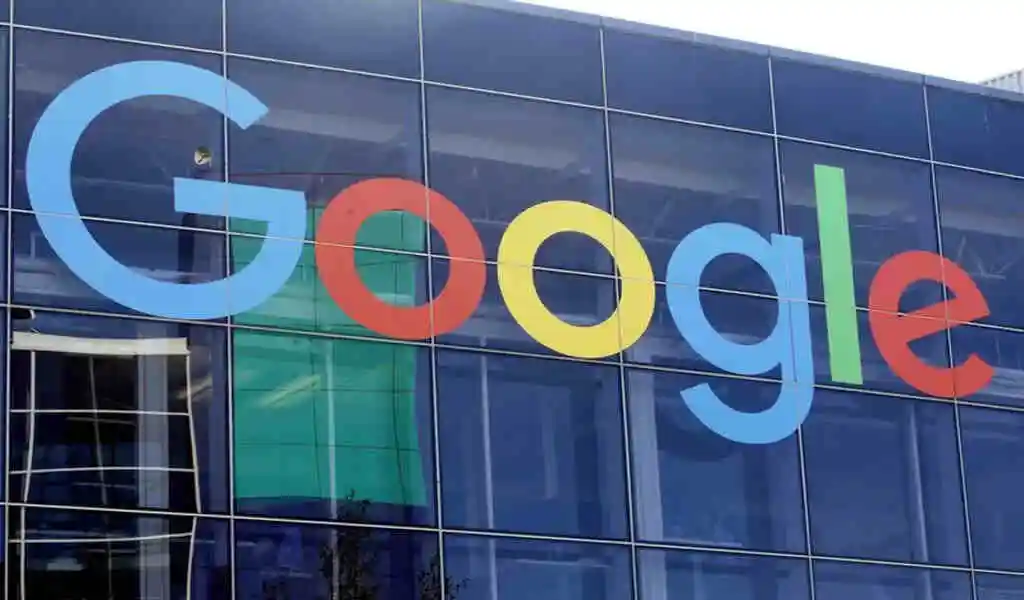Business
Google Begins Its Defense In Antitrust Case Alleging Monopoly Over Advertising Technology

Alexandria, Virginia – Google’s defense against charges that it has an illegal monopoly on internet advertising technology began Friday with witness testimony claiming that the sector is far more sophisticated and competitive than the federal government portrays.
“The industry has been exceptionally fluid over the last 18 years,” said Scott Sheffer, Google’s VP for Global Partnerships and the company’s first witness in its antitrust trial in Alexandria.
Google Begins Its Defense In Antitrust Case Alleging Monopoly Over Advertising Technology
According to the Justice Department and a coalition of states, Google established and maintained an illegal monopoly on the technology that enables the buying and selling of internet advertisements seen by consumers.
Google maintains that the government’s case incorrectly focuses on a specific form of online ad — namely, the rectangular ones that show at the top and right sides of a webpage. Google’s lawyers stated in their opening statement that the Supreme Court had urged judges not to interfere when dealing with fast-growing technology, such as what Sheffer described, due to the danger of error or unforeseen consequences.
According to Google, strictly defining the market misses the competition it confronts from social media businesses, Amazon, streaming TV providers, and others who give advertisers a means to reach online customers.
Justice Department lawyers invited witnesses to testify for two weeks before resting their case Friday afternoon, outlining how automated ad exchanges run auctions in milliseconds to choose which ads are displayed to which people and at what price.
The department claims that the auctions are rigged in subtle ways that benefit Google at the expense of potential competitors and prevent publishers from making as much money as they could for selling ad space.
It further claims that Google’s technology, when applied to all aspects of an ad transaction, allows Google to keep 36 cents on the dollar for any given ad purchase, which occurs billions of times per day.
Executives at media businesses such as Gannett, which publishes USA Today, and News Corp., which owns the Wall Street Journal and Fox News, have stated that Google controls the scene with technology used by both publishers to sell ad space and advertisers eager to buy it. Because the products are linked, publishers must use Google’s technology to have quick access to its massive advertiser database.
In its complaint filed last year, the government stated that Google should be required to give off a section of its business that serves publishers to break up its dominance.
Google Begins Its Defense In Antitrust Case Alleging Monopoly Over Advertising Technology
Sheffer explained in his testimony on Friday how Google’s capabilities have improved over time, as well as how it vets publishers and advertisers to protect against vulnerabilities such as malware and fraud.
The trial began on September 9, less than a month after a judge in the District of Columbia deemed Google’s core business, its ubiquitous search engine, an illegal monopoly. That trial is currently ongoing to see what, if any, remedies the court may impose.
The ad technology at issue in the Virginia lawsuit does not produce the same money for Google as its search engine, but it is estimated to bring in tens of billions of dollars every year.
Overseas regulators have also accused Google of anticompetitive behaviour. However, the company gained a victory this week when an EU court reversed a 1.49 billion euro ($1.66 billion) antitrust sentence issued five years ago on a different section of the company’s online advertising business.
SOURCE | AP




































